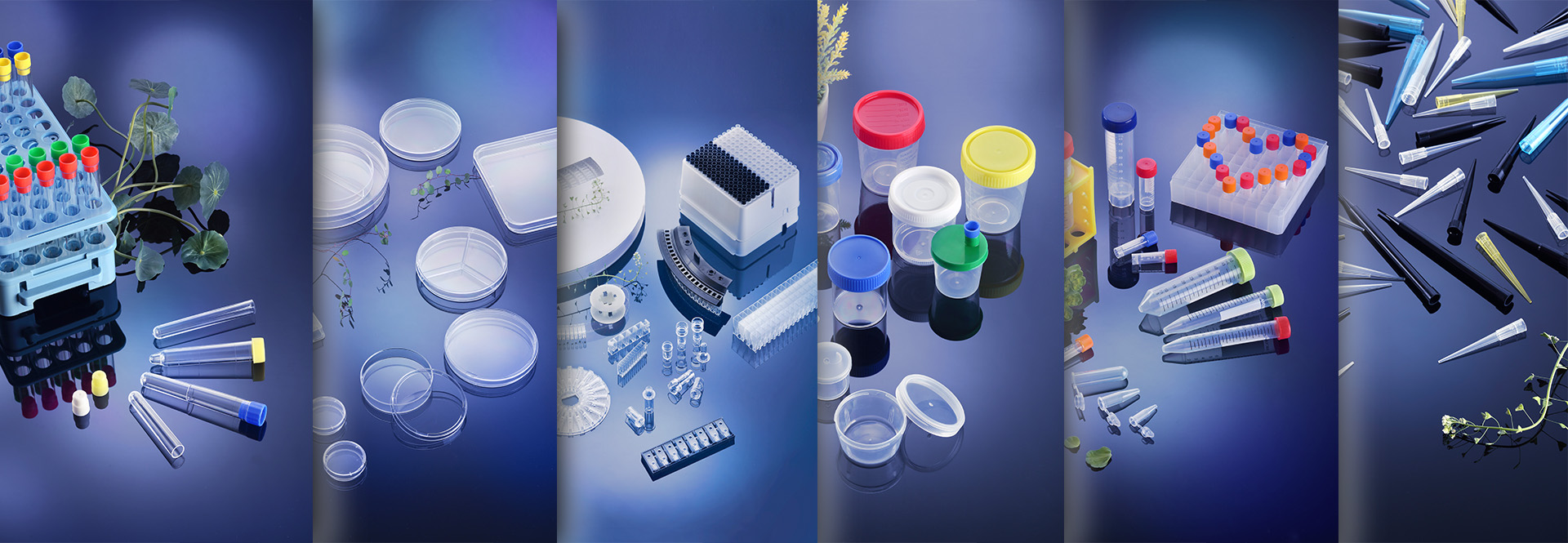Petri dishes are indispensable tools in the field of scientific research, particularly in microbiology. In this article, we delve into the diverse applications and benefits of Petri dishes as versatile cultivation vessels. From their role in cultivating microorganisms to facilitating experiments and driving innovation in the realms of science and medicine, Petri dishes play a crucial role in advancing our understanding of the microbial world. Explore the significance of Petri dishes and their profound impact on various scientific disciplines.
Item No | Description | Packing Info. | Qty./Case(pc) | Case Size(cm) |
C10 | 96 Wells Culture Plate,Sterile | 1pc/bag X 250 | 250 | 56X35X31 |
Petri dishes have long been iconic symbols of scientific laboratories and play a significant role in driving groundbreaking discoveries in the field of microbiology. These versatile, shallow, cylindrical containers made of glass or transparent plastic are essential laboratory equipment that have revolutionized the way we cultivate microorganisms, conduct experiments, and advance scientific research.
One of the primary uses of Petri dishes is for the cultivation of microorganisms, such as bacteria, fungi, and algae. These dishes provide an ideal environment for the growth and observation of these microscopic organisms. With a sterile agar or gelatin medium placed inside the dish, researchers can introduce microorganism samples onto the surface. The nutrients provided by the medium promote the growth and multiplication of the organisms, allowing scientists to study their characteristics, behavior, and interactions.
Petri dishes also serve as invaluable tools for conducting various scientific experiments. They are used to perform a wide range of assays, including antimicrobial sensitivity tests, genetic engineering experiments, and studying the effectiveness of antibiotics. The transparency of the dish enables researchers to observe and document the results of these experiments with ease. The standardized size and shape of Petri dishes make them compatible with automated systems, facilitating high-throughput screening and analysis.
Moreover, Petri dishes have contributed immensely to the advancement of the field of microbiology. The development of agar-based culture media and the use of Petri dishes as standard cultivation vessels were instrumental in allowing scientists to isolate and study microorganisms in a controlled manner. These discoveries paved the way for significant breakthroughs in understanding Infectious diseases, antibiotic resistance, and molecular biology.
In recent years, advancements in Petri dish technology have further enhanced their functionality and convenience. Some dishes now come with pre-poured agar, saving time and reducing the risk of contamination. Additionally, innovative features such as compartmentalized Petri dishes allow for simultaneous cultivation of different organisms or the formation of complex microbial communities, mimicking natural settings for more accurate research outcomes.
In conclusion, Petri dishes are indispensable tools in scientific research, playing a vital role in cultivating microorganisms, conducting experiments, and propelling innovation in microbiology. From their humble beginnings to the sophisticated designs of today, Petri dishes have been instrumental in expanding our knowledge of the microbial world. As the scientific community continues to push the boundaries of discovery, Petri dishes remain a steadfast companion in unlocking the secrets of life at the microscopic level.

Contact: Neo
Phone: 008615867460640
E-mail: Info@Hwtai.com
Whatsapp:008615867460640
Add: Building 2, Xinmao Qilu Science Technology Industrial Park, Tianqiao District, Jinan City, Shandong Province,China.
We chat
